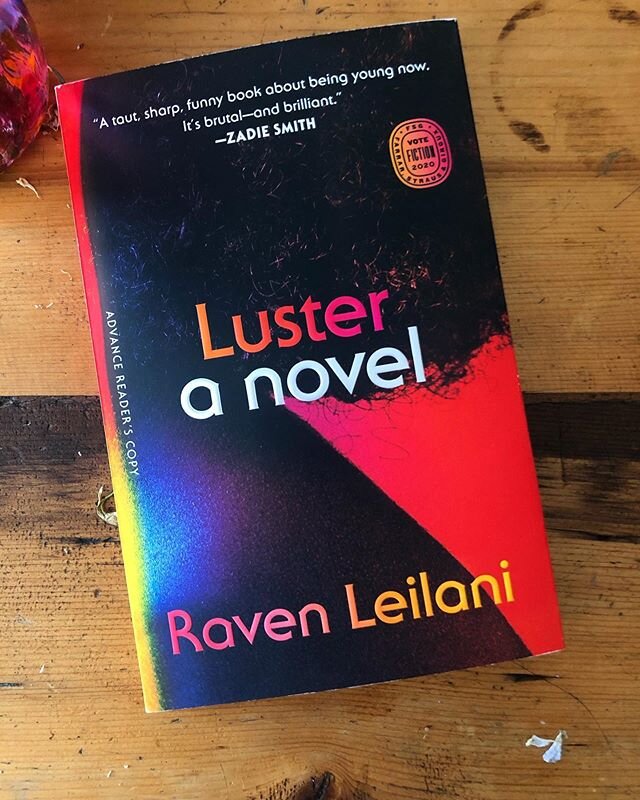Raven Leilani’s Debut Novel is a Bit Lackluster
Raven Leilani’s debut novel, “Luster,” is a gripping story about the complex connections between sex, race and gender in contemporary America. While timely and intriguing, “Luster” fails to deliver a coherent portrait of its narrator Edie and, in many places, feels rushed and overly-digested.
Edie, a low-level employee at a publishing agency, is in her 20s and dreams of being a painter. From the onset of the novel, readers are submerged in Edie’s ongoing affair with her boss, Eric. After bringing Edie back to his house one evening, Edie meets Rebecca, Eric’s wife and a local medical examiner, and their Black foster daughter Akila.
Throughout the novel, as readers watch Edie interact with Eric and his family, Leilani intricately places ideas of epigenetics, the human body and racial and sexual trauma as the forefront of the novel. While Edie’s primary struggle pertains to her relationship with Eric, much of her life is dependant upon the job he secures her, creating a too familiar story in the wake of the #MeToo movement.
Moreover, “Luster” is a novel deeply concerned with societal taboos, such as racial discrimination, violent sex and open marriages. While these taboos govern Eric and Rebecca’s secrecy in suburban America, Edie desires transparency. This desire for truth is exceedingly timely with the national conversation about police brutality and, as a Black woman, Edie’s character encapsulates the unique struggle of Black women.
While intricately depicting Edie’s struggle, Leilani’s prose is occasionally too reliant on Edie’s narration, favoring plot over intimacy. Edie’s narration is captivating and encompasses the totality of the story — almost leaving more to be desired for readers. Although readers gain intimacy with Edie’s subconscious mind and feel well-acquainted with her desires, the novel would benefit from exploring Akila’s character, whose presence is extremely important in the novel but occasionally felt underdeveloped.
However, one character who was well-developed and shined throughout the novel was Rebecca, whose microaggressions produced fascinating scenarios involving love, sex and race. Her character was dynamic and her profession as a medical examiner was odd in terms of plot but beautiful in the scenarios it produced. As readers watch Rebecca and Edie physically dissect bodies, they realize the dimensions of Eric’s affair on both of them and encapsulate a larger narrative about the human spirit’s tenacity.
Both Edie and Rebecca are prominent examples of the dichotomy between white and Black America that has appeared in many recent titles, including Kiley Reid’s “Such a Fun Age.” While Leilani’s novel received a notable amount of marketing before its release in early August, it seems that other titles have examined this dichotomy in more specific, profound ways.
To purchase a copy of “Luster,” please buy from Bookshop.org and support a local bookstore of your choosing! Closest to Fordham is the Bronx’s only bookstore, The Lit Bar, which will receive a cut of your purchase on Bookshop.org when selected at checkout.








































































































































































































